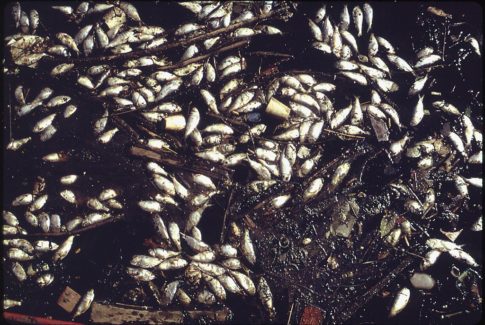Baltimore’s Ban on Styrofoam:
Baltimore sits on the Chesapeake Bay, which washes out to the Atlantic Ocean. In an effort to curb the water pollution that harms wildlife, the city is set to ban all of the polystyrene foam (“styrofoam“) containers used in the restaurant industry, with full support of city’s mayor, Catherine E. Pugh.
February 26, the city council voted to give preliminary approval to the bill that would fine businesses $1,000 if they don’t comply with the ban on polystyrene foam. The final vote will be held when they meet in March.
From the Baltimore Sun, Feb 27, 2018:
“We look at all the litter in our waterways. It’s not biodegradable. It’s not actually being recycled,” Bullock said. “For the most part, it’s ending up in landfills or being incinerated. In water, it breaks apart into small pieces, which makes it very difficult to clear up the water and dangerous for wildlife.”
Will Maryland Ban Styrofoam Statewide?
Maryland Legislatures are also looking to take similar measures against expanded polystyrene foam cups, plates, and other single-use food packaging.
State Senator Cheryl Kagen sponsored a bill to ban such items taking effect July 1st with a grace period ending next January 1st, 2019. This would allow businesses to comply with the law before it is fully enforced.
More from University of Maryland’s The Diamondback, March 1, 2018:
While some local jurisdictions have taken action to ban polystyrene, a statewide ban is preferable, [Claire Jordan, from Trash Free Maryland] said, because it “levels the playing field” for Maryland businesses, adding that the goal is to have consistency in the law across the state.
“It makes it harder for businesses in multiple jurisdictions to comply with a variety of different bans,” Jordan said. “Litter doesn’t stop at county lines.”
Both versions of the bill have support from legislators. Nineteen senators are co-sponsors of the Senate bill, and over 30 have put their support behind the House bill.
“It’s always the right time to pass proactive preventative environmental legislation,” Jordan said. “We’ve known for years the negative environmental impacts of expanded polystyrene foam.”
Research shows that expanded polystyrene does not biodegrade. Instead, it breaks down into tiny particles and seeps into the waterways where they are ingested by animals and even humans, Jordan said.
As more and more cities and local governments ban EPS Foam for single-use applications, it’s only a matter of time before the states themselves follow suit.






